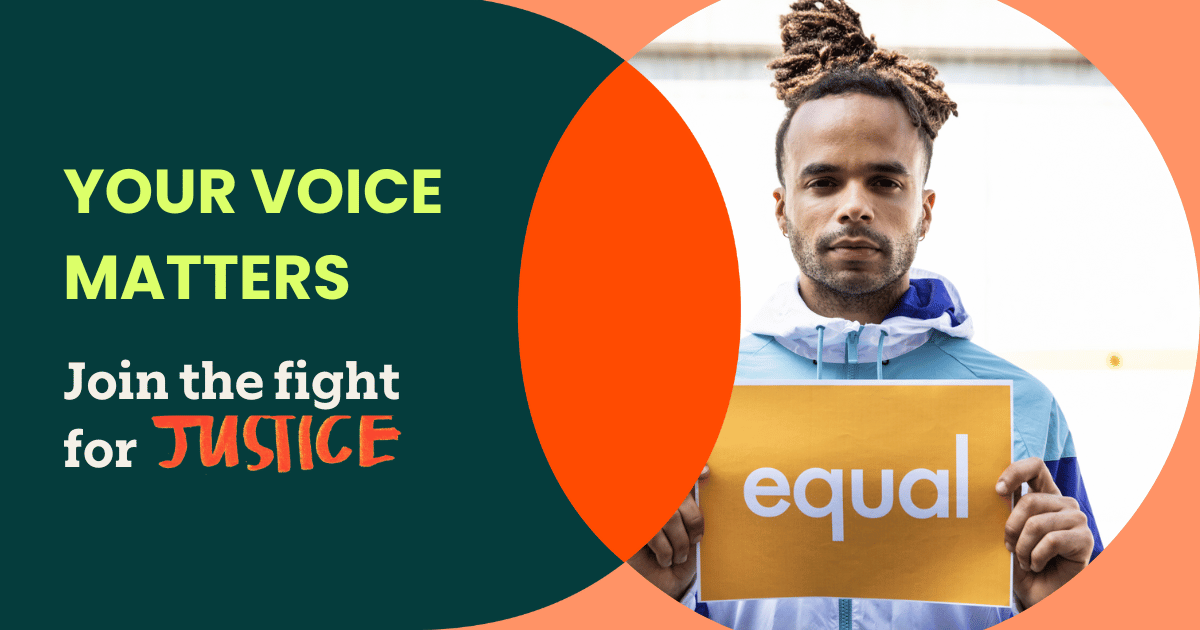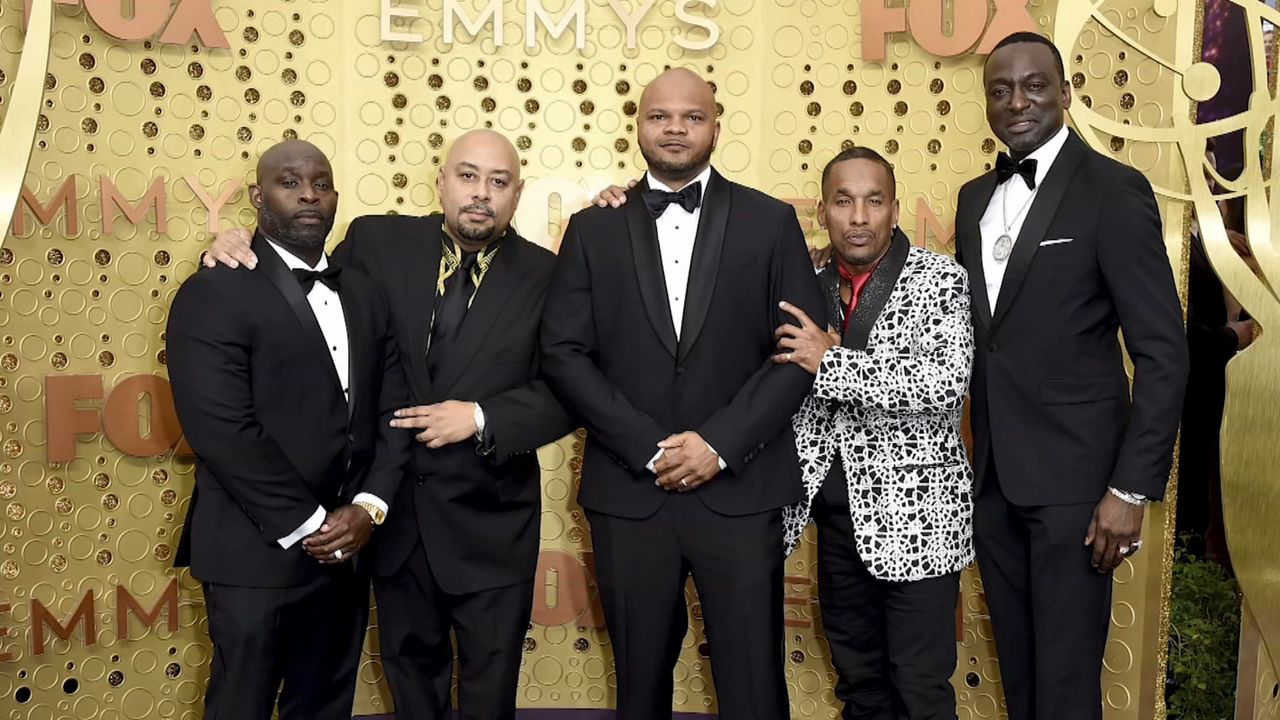Exonerated Five: A Journey Through Injustice, Redemption, And Justice Reform
Imagine being locked up for a crime you didn’t commit, spending years of your life behind bars while the real culprits walk free. This is the harrowing story of the Exonerated Five—a tale of injustice, resilience, and the fight for justice reform. Their journey isn’t just about personal redemption; it’s about exposing the flaws in a system that failed them and countless others.
The Exonerated Five, originally known as the Central Park Five, became a national symbol of wrongful convictions and systemic racism. Their story shook the nation and sparked conversations about accountability, fairness, and the need for change within the criminal justice system. It’s not just about them—it’s about all of us.
Through their struggle, they’ve shown us that even in the darkest moments, there’s hope. And that’s what this article is all about—exploring the depths of injustice, the power of redemption, and the urgent call for justice reform. So, buckle up, because we’re diving deep into a story that’s both heartbreaking and inspiring.
Read also:Charles Grodin A Legacy In Comedy And Beyond
Who Are the Exonerated Five?
Let’s start with the basics. The Exonerated Five—Antron McCray, Kevin Richardson, Yusef Salaam, Raymond Santana, and Korey Wise—are five young men who were wrongfully convicted of a brutal attack in Central Park back in 1989. They were teenagers at the time, ranging from 14 to 16 years old, and their lives were forever changed by a case that became a media sensation.
Biographies of the Exonerated Five
Here’s a quick look at the individuals behind the headlines:
| Name | Age at Arrest | Years Served | Current Status |
|---|---|---|---|
| Antron McCray | 15 | 7 years | Advocate and speaker |
| Kevin Richardson | 14 | 11 years | Author and advocate |
| Yusef Salaam | 15 | 7 years | Poet and activist |
| Raymond Santana | 14 | 7 years | Entrepreneur and activist |
| Korey Wise | 16 | 13 years | Motivational speaker |
These aren’t just names on a page; they’re real people who lived through unimaginable pain and came out stronger on the other side.
The Central Park Jogger Case: A Shocking Start
In April 1989, a young woman was brutally assaulted while jogging in Central Park. The media dubbed it the “Central Park Jogger Case,” and it quickly became a national headline. The police rounded up several teenagers, including the Exonerated Five, and subjected them to intense interrogations without lawyers present. Under pressure, they gave false confessions, which were later used as evidence against them.
How False Confessions Happen
- Coercive interrogation techniques
- Lack of legal representation
- Youth and vulnerability
- Fear and intimidation
It’s easy to think, “Why would someone confess to a crime they didn’t commit?” But when you’re a scared teenager facing adults in authority, the answers aren’t so simple.
The Road to Redemption
After serving their sentences, the truth finally came to light in 2002 when Matias Reyes, a serial rapist, admitted to the crime. DNA evidence confirmed his confession, and the Exonerated Five were exonerated. But exoneration doesn’t erase the years lost or the trauma endured.
Read also:House Of Ho Unveiling The Legacy History And Influence
Life After Exoneration
Rebuilding lives after such an ordeal isn’t easy. The Exonerated Five faced challenges like:
- Reintegrating into society
- Fighting for justice and compensation
- Dealing with PTSD and trauma
- Becoming advocates for change
Yet, they’ve turned their pain into purpose, using their stories to inspire others and push for reform.
The Role of Media and Public Perception
Back in 1989, the media played a huge role in shaping public perception. Sensational headlines and racial stereotypes painted the Exonerated Five as guilty before they ever had a fair trial. This highlights the importance of responsible journalism in today’s world.
Lessons from the Media Coverage
Today, we need to:
- Question narratives presented by media
- Seek out diverse perspectives
- Hold journalists accountable for accuracy
Media has the power to shape opinions, and with great power comes great responsibility.
The Fight for Justice Reform
The Exonerated Five’s story isn’t just about them—it’s about systemic issues that affect countless others. From racial bias to flawed interrogation practices, there’s a lot that needs fixing in the criminal justice system.
Key Areas for Reform
- Banning coercive interrogation methods
- Implementing body cameras for law enforcement
- Improving legal representation for defendants
- Addressing racial disparities in sentencing
Change doesn’t happen overnight, but every step forward matters.
Impact on Society
The Exonerated Five’s story has sparked nationwide conversations about race, justice, and accountability. It’s inspired books, documentaries, and even a Netflix series called “When They See Us.” Their bravery has opened eyes and hearts, pushing society toward a more equitable future.
Why This Matters Today
Injustice isn’t a thing of the past—it’s still happening today. By learning from the Exonerated Five’s experience, we can:
- Support wrongful conviction cases
- Advocate for policy changes
- Educate others about systemic issues
We all have a role to play in creating a fairer world.
Voices of the Exonerated Five
Let’s hear directly from the individuals who lived this story. Through interviews and speeches, they’ve shared their thoughts on everything from forgiveness to activism.
Quotes from the Exonerated Five
- “Forgiveness is not forgetting. It’s letting go of the anger.” – Yusef Salaam
- “I’m not a victim, I’m a victor.” – Korey Wise
- “We’re not just statistics; we’re human beings.” – Raymond Santana
These words remind us of their strength and resilience in the face of adversity.
Looking to the Future
While progress has been made, there’s still much work to be done. The Exonerated Five continue to fight for justice reform, inspiring others to join the cause.
What You Can Do
- Stay informed about wrongful conviction cases
- Support organizations working for justice reform
- Use your voice to demand change
Your actions can make a difference in someone else’s life.
Conclusion: A Call to Action
The journey of the Exonerated Five is a powerful reminder of the flaws in our justice system and the resilience of the human spirit. They’ve shown us that redemption is possible, even after the worst injustices. But their fight isn’t over—and neither should ours be.
So, what will you do? Will you stay silent, or will you stand up for justice? Share this article, start conversations, and take action. Together, we can create a world where stories like the Exonerated Five’s become a thing of the past.
Table of Contents
- Who Are the Exonerated Five?
- The Central Park Jogger Case: A Shocking Start
- The Road to Redemption
- The Role of Media and Public Perception
- The Fight for Justice Reform
- Impact on Society
- Voices of the Exonerated Five
- Looking to the Future
- Conclusion: A Call to Action


